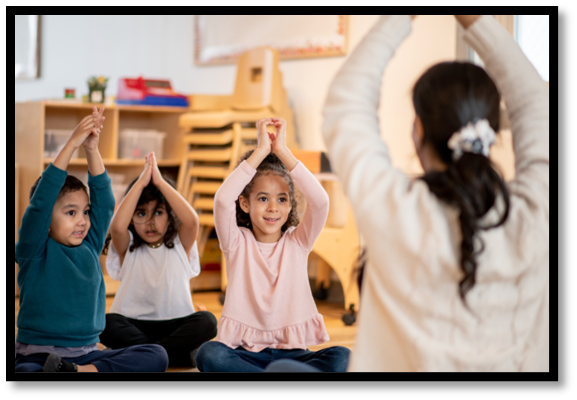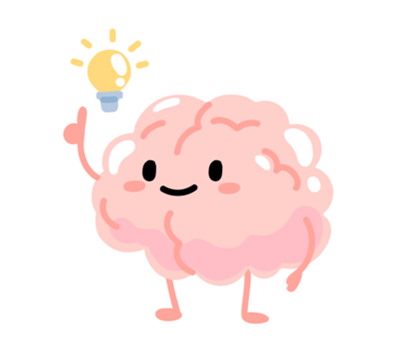
What is the power of questioning in the classroom?
As educators, every question we ask should have a purpose! Our questions must also move beyond simply determining the knowledge students have. Only then can we can help students to expand their knowledge and think critically, analytically, and evaluatively.
Asking questions in the classroom serves many purposes.
First and foremost, questioning helps students stay engaged in learning – this is true if our students are the ones asking or answering the questions. In addition, by giving students the opportunity to answer questions we are affirming that we care about their thoughts and feelings – and students also have the same opportunity with their peers – to listen and hear different points of view.
When we listen to students’ answers we can also use their responses as a formative assessment. Formative assessments help teachers with pacing – as a teacher I can tell whether my students have learned the objective of the lesson or whether I need to do some reteaching – because confusions still exist, or because my students only gained a very basic level of knowledge level from my lesson.
Do I need variety for questioning in the classrooms?
As teachers, it is important for us to plan a variety of questions – both literal and open-ended. Literal questions help us confirm comprehension and generally fall into the “Knowledge” level of critical thinking.
These questions ask students to recall, list, or answer “why” questions.
We need students to move to the “Comprehension” level where they are expected to be able to classify, rephrase, and summarize. Next, we need our students to be able to “Apply” knowledge by giving an example, solving a problem or using information they are learning. Students should also learn to compare and contrast at the “Analysis” level, as well as examine settings, problems, and solutions, themes, and motives. At the “Synthesis” level we ask our students to think about how they might rewrite or recompose the end of a story or to create or design a poster or blog article based on their new knowledge.
Finally, we ask our students to give their opinion or evaluate or make a choice and be able to support that opinion, evaluation, or choice with evidence.
What is the goal?
Our goal as teachers is to help our students move beyond “Knowledge” level thinking and to be able to think critically through higher levels of questioning all while scaffolding their thought process along the way.
For more information and specific examples of types of questions to ask at each level, please watch our webinar “The Power of Question (Part 2) by Julie Baxa. GO TO WEBINARS




Ready to Start Your Journey?

6425 Living Place
Suite 200 #1021
Pittsburgh, PA 15206
Tel: 800-449-8841
Email: contact.us@grapeseed.com
© 2024 GRAPESEED INTERNATIONAL PTE. LTD.
